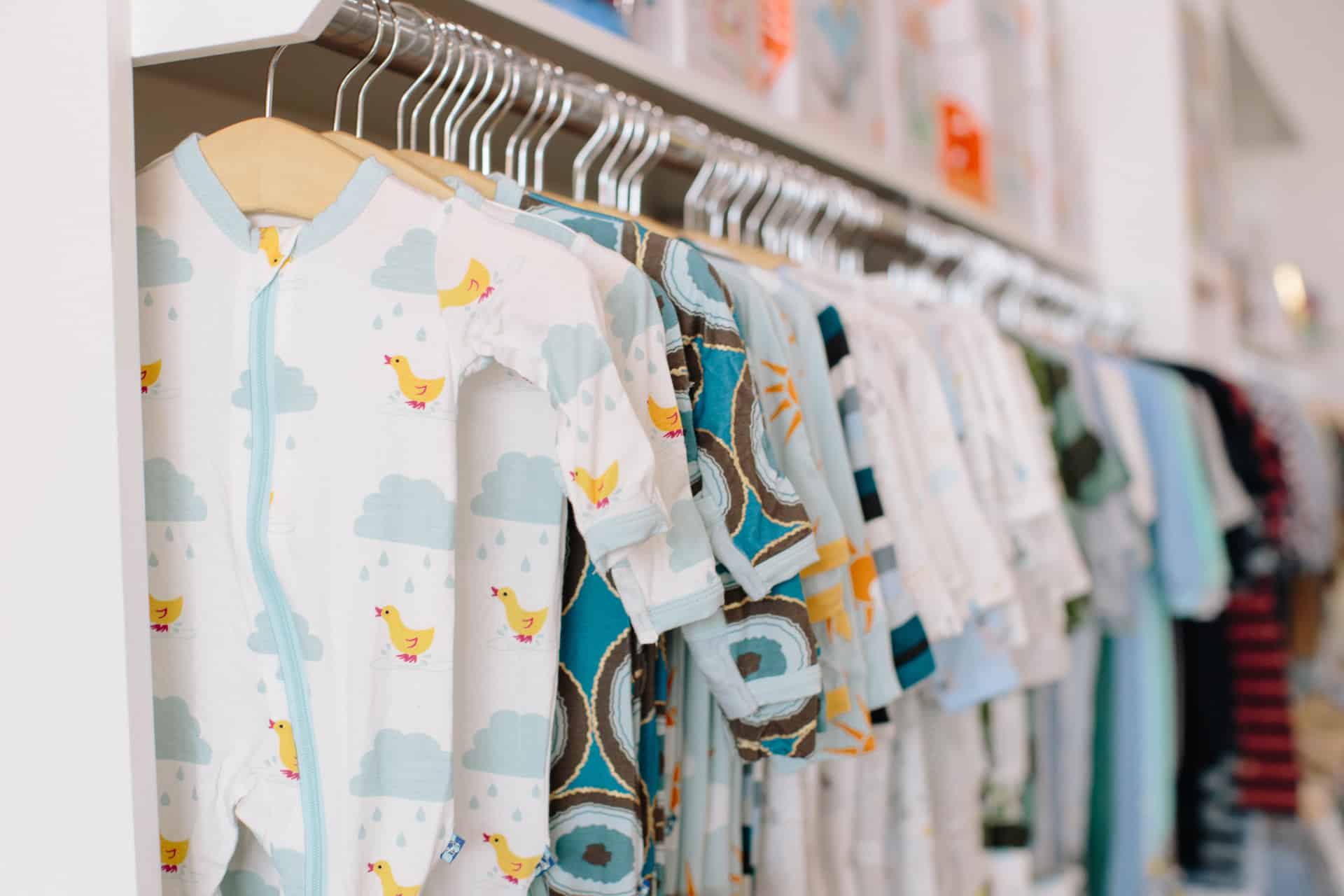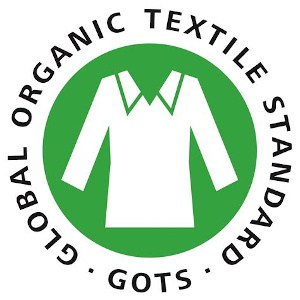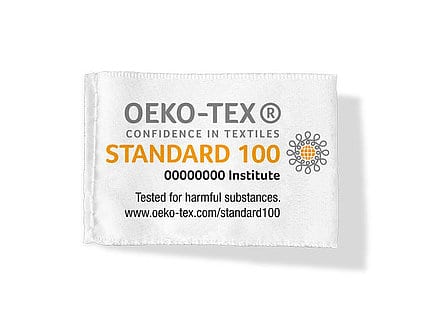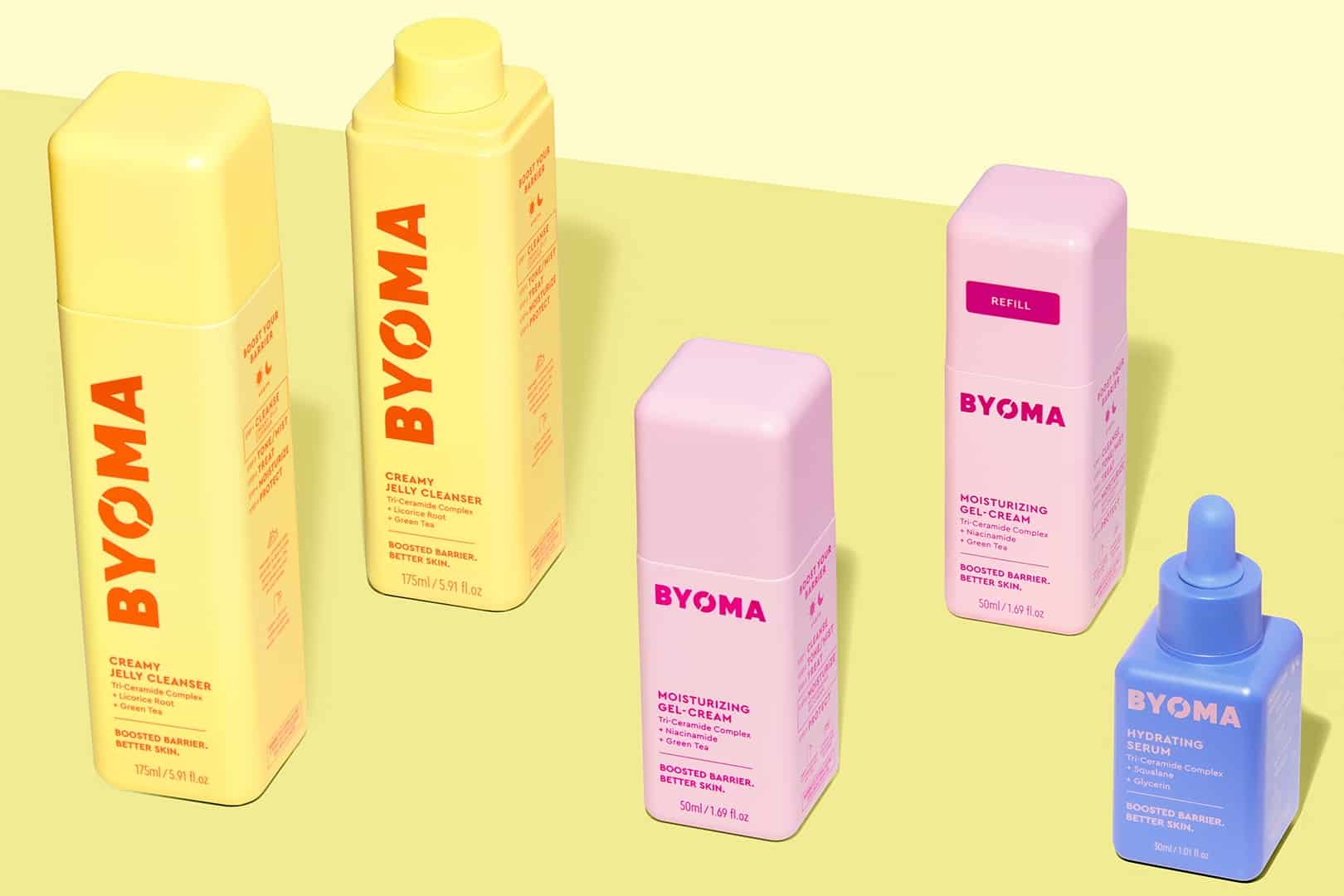The List of Organic Baby Clothes Brands (2021 Edition)

We’ve compiled a list of all organic baby clothes brands, what they sell, where they’re available, and sorted them by price to make shopping as simple as possible.
This list is an ongoing project to curate and create the easiest way to shop for organic cotton baby clothing. While there are many brands available that offer organic clothing, it can be difficult to find them, especially if you live in an area outside of the United States.
All brands listed here offer fully organic cotton baby clothing.
How to Use This List
You can see the complete list of organic baby clothes brands below, along with links to their websites and the price range indicated as below.
$$$ = Budget
$$$ = Mid-Range
$$$ = High-End
Clicking or tapping on the “Refine” button will further allow you to filter brands that fit your price range, shipping location, and type of clothing you’re shopping for.
Get Your Brand Added To This List
If you represent an organic baby clothing company and would like to be added to this list, please reach out via the form here. All brands will be vetted to ensure that your products are truly organic.
What’s Wrong With Conventional Baby Clothing?
The clothing industry worldwide is very lax when it comes to standards and regulations. There are essentially only two standards children’s clothing must meet, which are:
- Flame resistance testing – Children’s clothing made from synthetic materials (polyester) must pass flame resistance test standards. This is almost always done with the use of flame retardant chemicals.
- Lead and pthalate testing – Certain phthalates are restricted in children’s clothing. Lead is a known neurotoxin, and is allowed in extremely small quantities.
The law places no restrictions on any other chemical or additive, and this leads us to the next section—the chemicals that can be found in baby clothing.
Harsh Chemicals in Baby Clothes
You might be shocked to learn that many harsh chemicals are used in the production of baby clothes. Not all of these apply to organic clothes, and many of them apply to polyester or other synthetic materials used in clothing.
This isn’t even a comprehensive list, but you might find any of these chemicals in baby clothing:
- Flame retardant chemicals
- Formaldehyde
- Phthalates
- Heavy metals like lead, cadmium, and mercury
- Insecticides
- Petroleum byproducts
- PVC
- Volatile organic compounds (VOCs)
- PFCs
- Dimethyformamide (DMF)
- Nonylphenol ethoxlates (NPEs)
- Nonylphenols (NPs)
- Flurochemicals
Pesticides
Conventional cotton uses a staggering amount of chemical pesticides in production. It’s unclear whether pesticide residues remain on the finished product, but even if not, it’s still a much better material than conventional cotton.
Organic cotton has a number of benefits over non-organic cotton, including:
- It’s grown from plants that aren’t genetically modified.
- It uses 11 times less water than non-organic cotton. 80% of this water is from natural rainfall. (source)
- It uses 25% of the pesticides used in the production of traditional cotton. (source)
- It emits 46% less CO2 emissions than conventional cotton. (source)
- It’s safer for the farmers involved in the production compared to conventional cotton.
- It’s not treated with harsh chemicals unlike conventional cotton.
- It’s higher quality and stronger than regular cotton.
The Organic Certifications To Look For
There are two main trustworthy organizations that certify baby clothing as organic.
GOTS (Global Organic Textile Standards)

GOTS certifies all natural fibers with strict standards for environmental and toxicological impact. It covers the entire process of production from start to finish, ensuring there are no harmful chemicals or heavy metals in the product. GOTS also has provisions against child labor and genetic modification.
GOTS The GOTS certification mandates a long list of requirements in order to be certified, including the following important stipulations for organic baby clothing:
- Contains at least 95% organic fiber.
- Not treated with chlorine bleach, formaldehyde or any other toxic substances.
- Produced in factories that ensure fair treatment to employees.
- Not using dyes that release carcinogens.
Standard 100 by OEKO-TEX

This certification tests every component of the clothing for harmful substances, which is an excellent certification to have in baby clothing.
Do note that OEKO-TEX certifies synthetic materials like polyester and nylon, so don’t assume you’re looking at organic cotton if you see the Standard 100 by OEKO-TEX logo.




